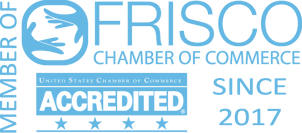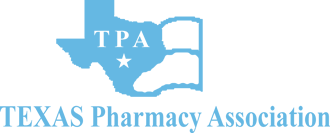What To Know When Buying Supplements
For many people, supplements help to fill in the gaps of a diet that might be lacking in critical nutrients. But what few individuals realize is that supplements and vitamins aren’t as well regulated by the Food and Drug Administration (FDA) as over-the-counter or prescription medications. As a result, some supplements may contain fillers or lack the recommended amount of a specific vitamin or mineral. Understandably, people can be concerned about buying poor-quality ingredients. Consider the following tips when shopping for supplements.

Find the USP or ConsumerLab label
While the FDA doesn’t give as much attention to supplements as medications, some third-party organizations do. Specifically, some organizations conduct tests to confirm that supplements or vitamins don’t contain fillers and are not produced in unsanitary or contaminated environments that could introduce microbes or even heavy metals into the ingredients. The two best third-party organizations are the US Pharmacopoeial Convention Dietary Supplement Verification Program (USP) and ConsumerLab. Although USP is considered the top oversight group, ConsumerLab is the seal of approval shoppers are more likely to encounter.
Source supplements that are made domestically
Again, because supplements aren’t well-regulated by the FDA, where the ingredients are sourced isn’t a guarantee of efficacy or safety. However, because of agricultural standards in the United States, supplements made from domestically-sourced ingredients are less likely to contain harsh chemicals or toxins potentially present in internationally-made alternatives.
Buy from reputable retailers
Even though supplement quality can vary, reputable retailers tend to carry options created by nationally recognized brands. Even private label vitamins and supplements sold under a store’s name are still more likely to be produced by trustworthy manufacturers that also produce supplements for national brands. Another benefit of shopping from a trusted retailer is that consumers are less at risk of being overcharged as compared to buying supplements from an independent sales consultant or marketer.
Larger quantities aren’t always better
Many people are unsure of the recommended daily amount (RDA) of a vitamin or nutrient needed to provide the optimal amount of nutrition. And many supplements tout large quantities of vitamins or minerals. However, when taken in excess, some vitamins or nutrients can negatively impact health. Always speak with a physician or dietitian about which vitamins or nutrients are essential, and the proper amounts to consume regularly. People should avoid purchasing supplements that offer far more of a nutrient in the daily dosage than needed.
Using supplements responsibly
Although supplements are a popular choice for people looking to bolster nutritional needs, experts still agree that adjusting daily diets to incorporate healthier foods is the best way to get essential vitamins and minerals. However, in some cases, people do need supplements when diet alone won’t suffice. Shopping with a few helpful tips in mind can ensure that people are finding the safest supplements.
RECENT
ARTICLES



Our Patients Say
We pride ourselves on providing exceptional customer service to our community. Here are a few things that the community is saying about us.
Convenient and quality service. Ive never had my prescriptions filled quicker and the pharmacist took the time to tell me about what I was taking.
Excellent experience! Friendly, knowledgeable staff!
I have been a customer since they opened. Julie and Hiten have both treated me with the utmost respect and have always been ready to take care if my needs with a smile




